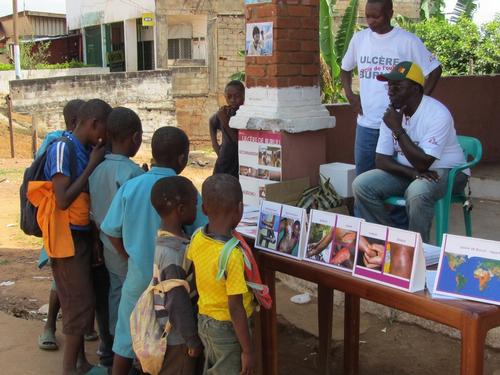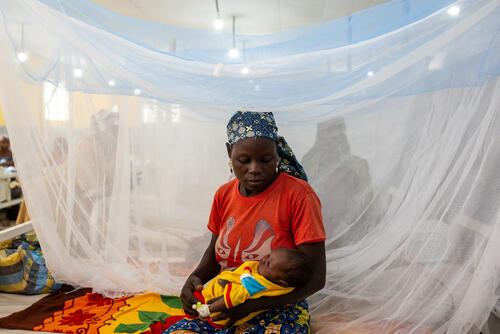Currently, our teams run medical humanitarian projects in the Far North, providing services such as medical care, surgical care, maternal and obstetric care, and psychological care.
We also provide emergency response to epidemics, such as cholera and measles. In the Far North, Littoral, Centre and South-West regions, we have recently provided support to the Ministry of Health to respond to the cholera outbreak.
Our medical activities in the North-West region were suspended in December 2020 by the authorities, and in the South-West, we decided to temporarily suspend activities after the arrest of four of our colleagues in December 2021 during an ambulance referral. We are in continued dialogue with the authorities to restart medical assistance in other regions.
Our activities in 2022 in Cameroon
Data and information from the International Activity Report 2022.
457
457
€15.6 M
15.6M
1984
1984
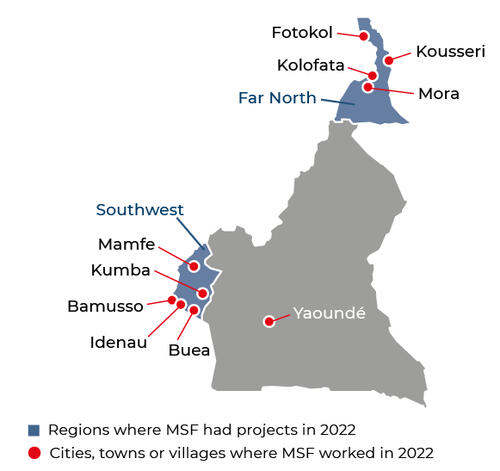

150,000
150,
72,500
72,5
52,900
52,9

860
86
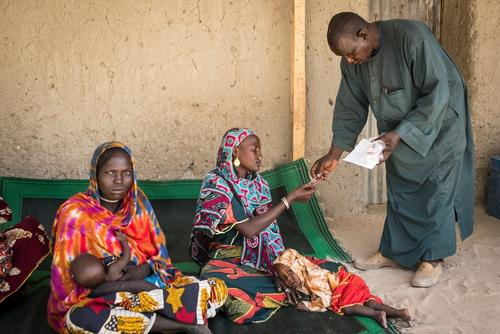
Lake Chad: Populations fleeing Boko Haram violence
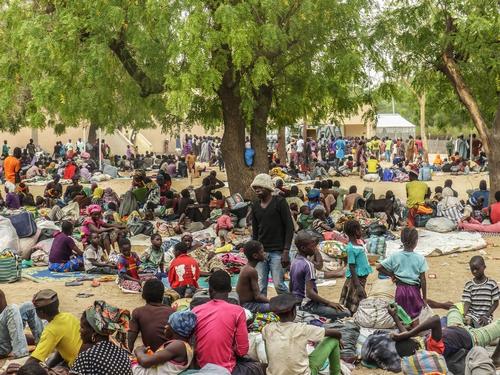
Around Lake Chad: People living in fear
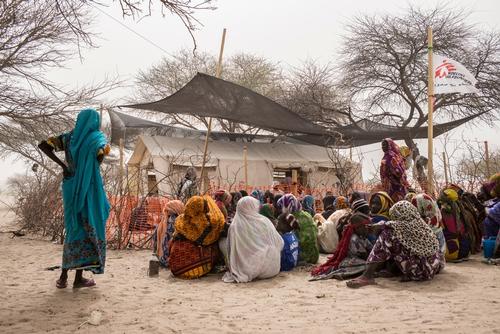
Lake Chad: Waves of displacement and fear
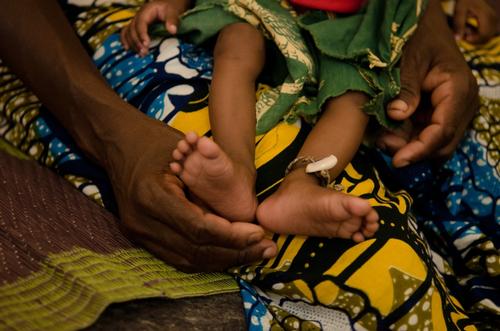
Gallery: Central African refugees in Cameroon
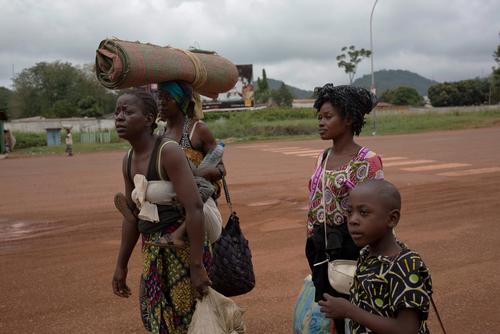
Central African Refugees in Chad and Cameroon: “Suitcase or Coffin”
